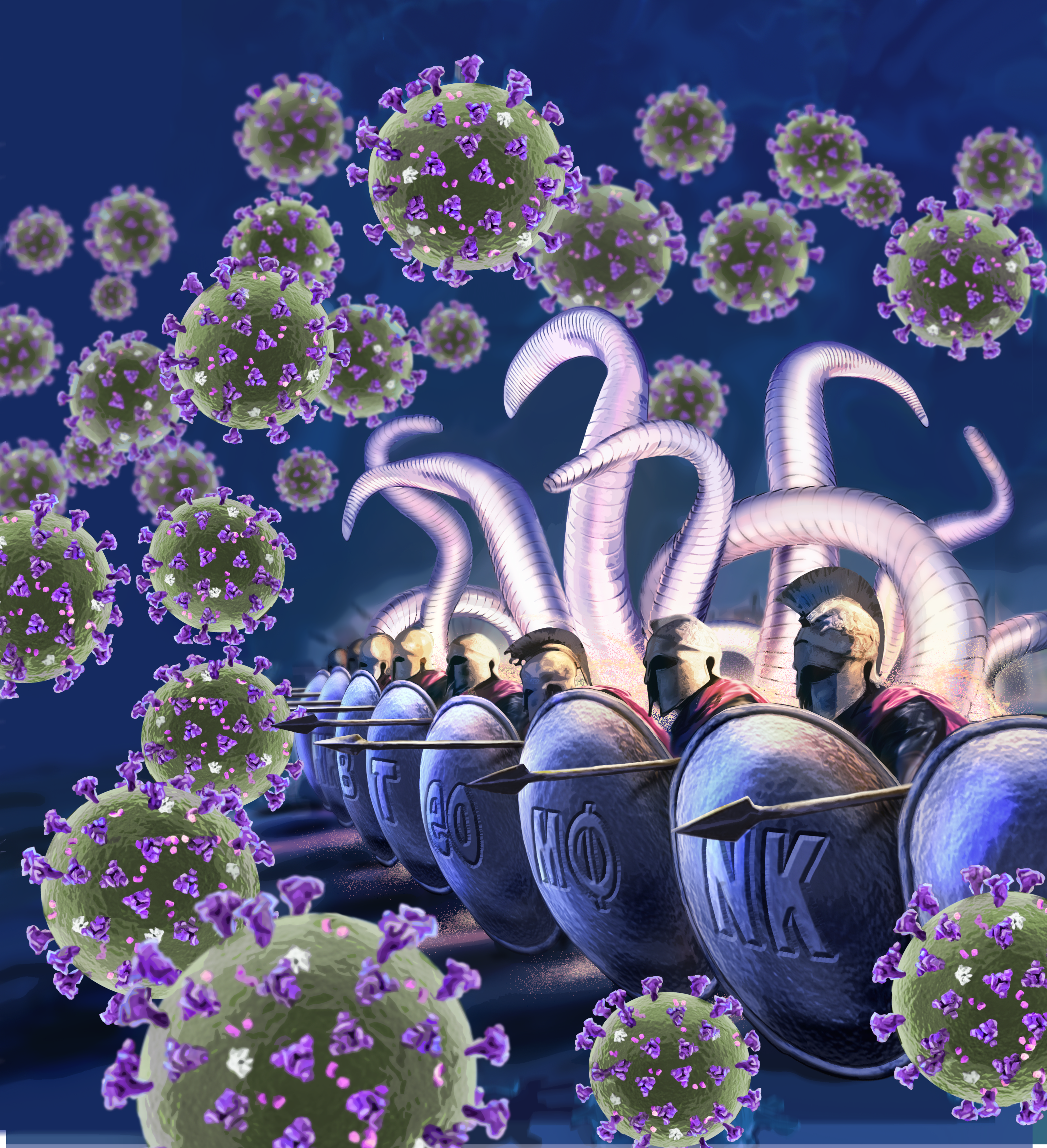Event Recap: Club EvMed: Immunity, symbiosis, and COVID-19
JLI’s Prof Tobias Rinke de Wit participated in an event 22 February on how evolutionary medicine helps explain regional differences in pandemic dynamics: immunity, symbiosis, and COVID-19
Data has been mounting for more than 50 years pointing toward the importance of “complex eukaryotic symbionts” in immune system development and function. These symbionts include protists, cestodes and nematodes, most of which have been lost to humans in high-income countries.
Such loss is a direct result of the much-needed introduction of “systems hygiene” that effectively prevents pandemics of some communicable diseases. Unfortunately, available evidence indicates that the loss of complex eukaryotic symbionts in high-income countries can be defined as an evolutionary mismatch that leads to immune dysregulation and pathologic inflammation. With the immunological effects of these symbionts in mind, the speakers predicted that the presence of complex eukaryotic symbionts in areas without extensive systems hygiene would effectively decrease the clinical impact of COVID-19.
This prediction was subsequently supported strongly by epidemiological evidence and eventually borne out in a study by Tobias Rinke de Wit, Dawit Wolday and colleagues in Ethiopia. Thus, evolutionary medicine proved a useful tool in understanding and anticipating regional differences in the clinical impact of COVID-19, and points toward the vital importance of understanding symbiotic relationships in the context of evolution and medicine.
This conversation was led by William Parker, CEO of WPLabs, Inc., and Dawit Wolday, Associate Professor of Medicine at Mekelle University College of Health Sciences.
Suggested additional reading:
Rinke de Wit et al, 2021: Effect of co-infection with parasites on severity of COVID-19
Parker et al. 2021: Between a hygiene rock and a hygienic hard place: Avoiding SARS-CoV-2 while needing environmental exposures for immunity
Wolday et al. 2021: Effect of co-infection with intestinal parasites on COVID-19 severity: A prospective observational cohort study


